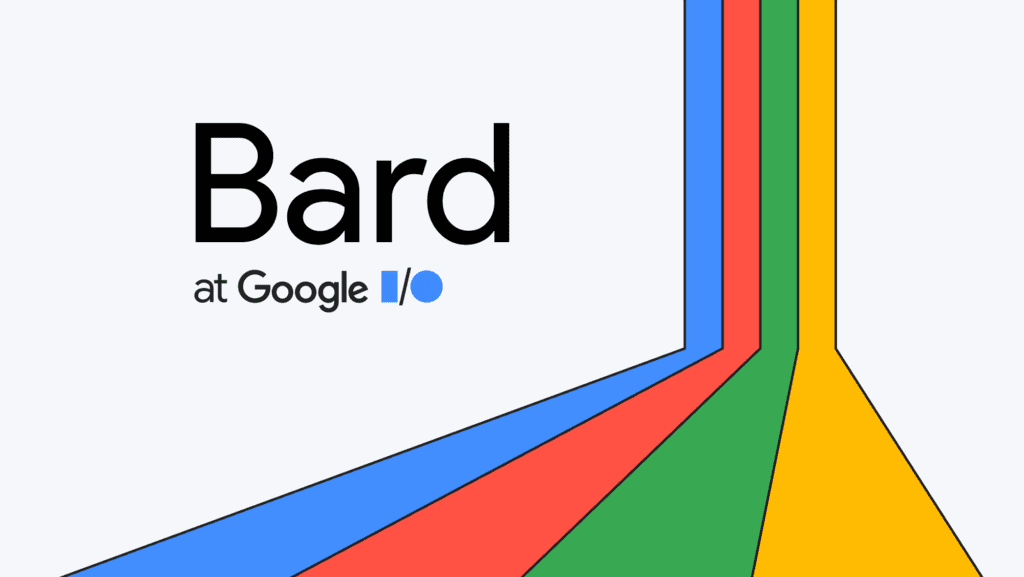Reports from media outlets indicate that Google has recently unveiled its “Bard” program, a formidable artificial intelligence (AI) competitor to “ChatGPT,” across approximately 50 countries, including Brazil and various European Union (EU) nations. The release of this program was initially delayed due to regulatory considerations, but it has now become accessible in most countries worldwide and supports a wide range of languages.
Google’s “Bard” program was introduced in response to “ChatGPT,” which was funded by Microsoft and developed by OpenAI. In February, Google launched “Bard” as a proactive measure, working closely with experts and regulatory officials to ensure its expansion.
The postponement of “Bard’s” release in EU countries was mainly driven by Google’s precautionary approach to comply with Brussels’ intentions of regulating AI algorithms. This move was motivated by concerns surrounding privacy, misinformation, and intellectual property rights associated with such technologies. Additionally, Alphabet Inc, Google’s parent company, engaged in a campaign in Brazil during the spring season to oppose online content regulation.
Initially supporting only three languages, namely English, Japanese, and Korean, “Bard” has now been enhanced to generate content in nearly 40 languages, including Arabic, German, Chinese, Spanish, French, and Hindi. Google states that “Bard” offers a diverse range of response styles, such as conversational, professional, informal, and even the ability to extract information from images.
Similar to its predecessor “ChatGPT,” “Bard” also facilitates the continuation of previous conversations with AI. These conversational AI models, which serve as an alternative to traditional online search, have garnered significant acclaim since the launch of “ChatGPT” in November 2022.
You may also like
No related posts.





